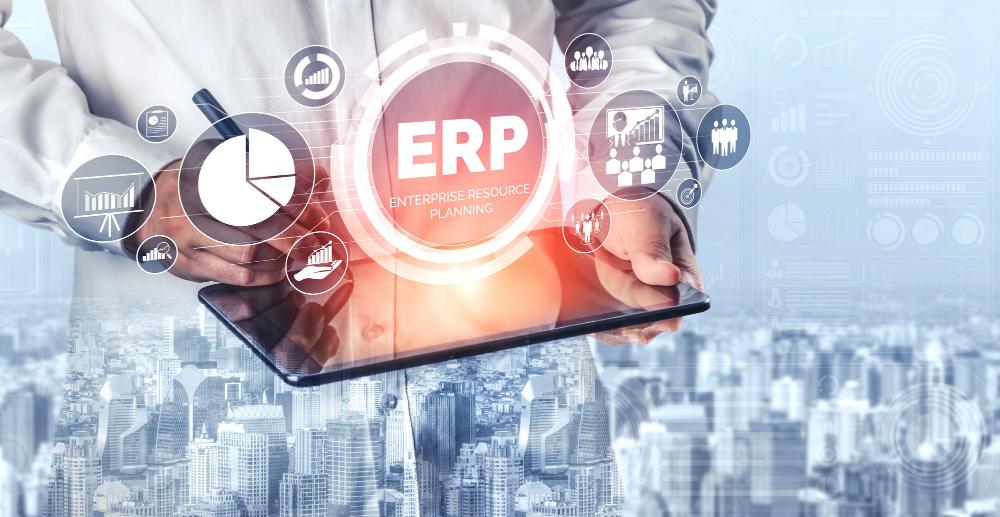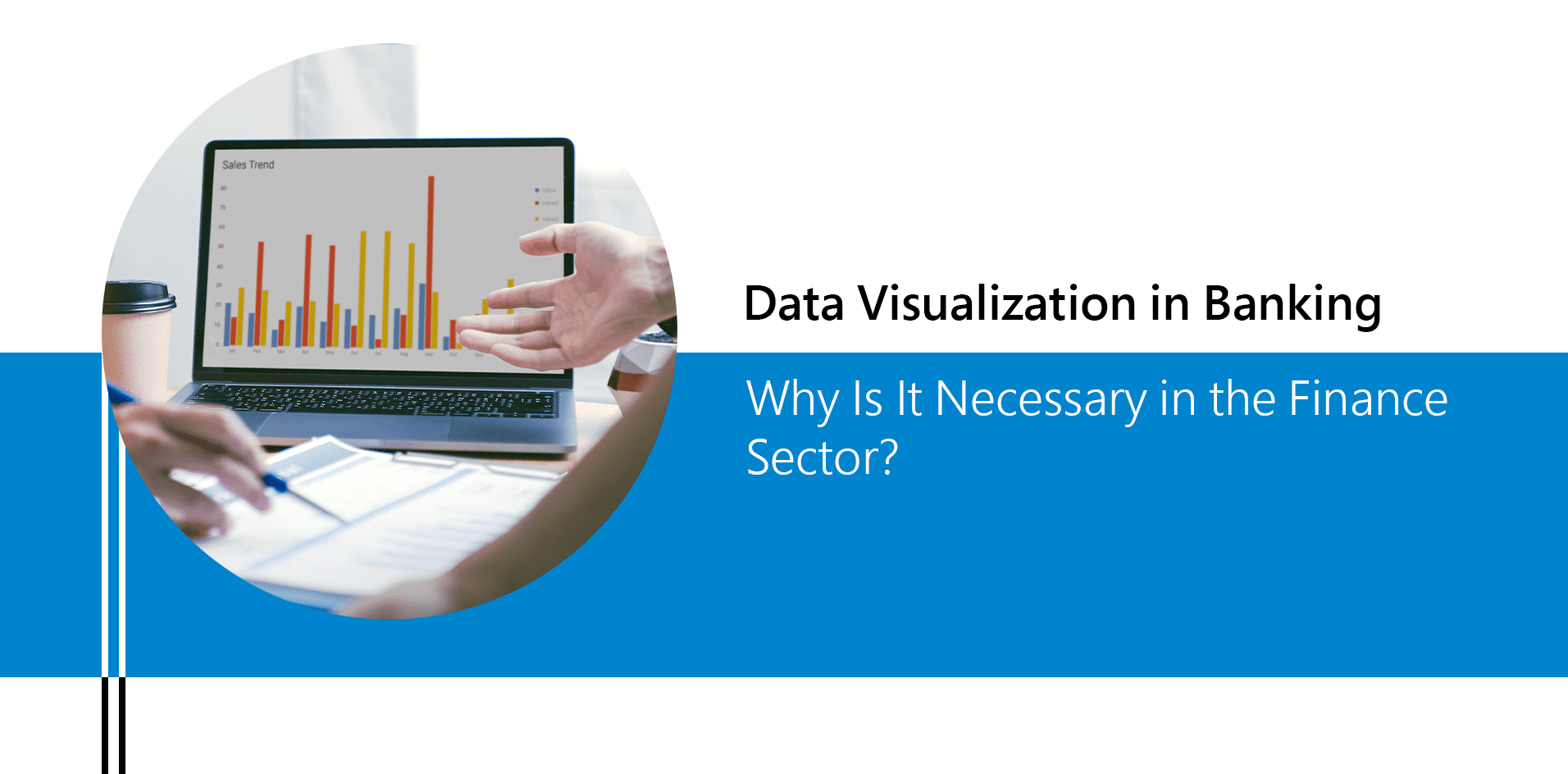
ERP systems are essential for many businesses, but some industries rely on them more than others. Healthcare, manufacturing and retail are just a few industries that need ERP to function correctly.
What is ERP, and why do industries need it?
An ERP system is a software application that integrates all aspects of a company’s business operations into a unified system. The need for ERP systems arises from the ever-growing complexity of business operations.
A single company can have operations in multiple countries, be involved in numerous product lines, and have various business processes. An ERP system brings all these operations under a single umbrella, allowing the company to manage them as a single entity.
Which industries are best suited for ERP?
ERP systems are designed to manage and automate business processes across an organisation. Different industries have different needs, and not all drives are suited for ERP. Here are some of the sectors that are best suited for ERP:
Manufacturing:
Undoubtedly, manufacturing industry is one such industry that needs ERP systems on a larger scale. Manufacturers have improved efficiencies and reduced costs by automating and integrating their core processes. However, ERP systems can do much more than streamline operations.
They can also provide valuable insights into the business that can help manufacturers make better decisions and stay ahead of the competition.
Manufacturers must adapt quickly to new market demands in today’s rapidly changing marketplace. ERP systems can give manufacturers the agility they need to respond quickly to new opportunities.
By integrating with other systems, such as CRM and PLM, manufacturers can get a complete picture of their business and make changes quickly and efficiently.
ERP systems can also help manufacturers to forecast future demand better. Manufacturers can clearly view historical trends by collecting and analysing data from all business areas and make more accurate predictions about future demand.
This can help manufacturers to avoid stock-outs and other problems that can adversely affect the business.
Retail:
An ERP system is a must for businesses in the retail industry. It helps manage day-to-day operations, track inventory, and boost sales. In short, an ERP system is a powerful tool that can help retailers streamline their businesses and become more efficient and profitable.
There are many different ERP systems on the market, so choosing one that’s right for your business is essential. In the retail industry, time has the utmost importance.
An ERP system can help you save a huge amount of time and money by automating tasks, simplifying processes, and giving you real-time visibility into your business.
Food and Beverage:
Food and beverage businesses can use many different types of software to streamline their operations. Enterprise resource planning (ERP) software is one option that can offer a comprehensive solution for managing all aspects of the business.
An ERP software for the food and beverage industry can help businesses track inventory, manage orders and customers, and automate many repetitive tasks that can take up so much time.
Integrating all the different business areas into one system allows businesses to gain greater visibility and control over their operations.
ERP software can be customed to fulfil particular food and beverage industry requirements. With the right system, businesses can optimize their operations, improve customer service, and improve business graphs.
Healthcare:
Healthcare is one of the most complex and ever-changing industries. To be successful, healthcare organizations need to be able to adapt quickly to new regulations and technologies. This is exactly where ERP software comes into the scene.
An ERP system for healthcare can help organizations manage their complex operations by providing a single, integrated platform for all their core processes. By having all your data in one place, you can make better, faster decisions that help improve patient care and lower costs.
ERP software can also help you meet compliance requirements related to the Health Insurance Portability and Accountability Act (HIPAA).
Investing in an ERP system is a big decision, but it can be a great way to help your healthcare organisation become more efficient and effective.
Hospitality:
If you manage a hotel, you know that managing reservation, guests, and staff can be a full-time job. An ERP software aids in taking some of the burdens off your shoulders by automating many of the tasks associated with running a hotel.
Hotel ERP systems can help with everything from keeping track of reservations and guest information to managing staff schedules and payroll. In short, an ERP system can help make your hotel run more smoothly and efficiently.
If you’re considering implementing an ERP system in your hotel, there are a few things to keep in mind. First, you’ll need to choose a plan tailored to the hospitality industry’s specific needs. Second, you’ll need to ensure that your chosen system is scalable and can grow with your business.
Implementing an ERP software in your hotel might be a daunting task. But, this can help get big dividends in efficiency and productivity. An ERP software may be the answer if you seek to streamline your hotel operations.
How can ERP benefit businesses in these industries?
There are a few industries where ERP can provide a lot of value. Retail businesses can use ERP to manage their inventory and track sales. This can help them decide better what to stock in their stores and when to restock.
Healthcare organisations can use ERP to manage patient information and track appointments.
It can help them coordinate care and ensure that patients receive the necessary treatments. Manufacturing businesses can use ERP to manage production scheduling and inventory. This can help them track what is being produced and ensure that they are not overproducing or running out of stock.
Challenges industries face when implementing ERP
There are several challenges that industries face when implementing ERP systems. One of the crucial challenges is ensuring the ERP software can meet the industry’s specific needs.
Another challenge is ensuring that the ERP system can integrate with the existing systems in the company. Companies must ensure that the ERP software is implemented correctly and used effectively.
Conclusion
As you can see, ERP is essential for many industries. If you are in a sector that needs ERP, choosing the right system and implementing it properly is critical. Otherwise, your business could suffer.
Author Bio :
Ishant is an SEO expert with a rich and long history of helping companies across industries to rank high on multiple search engines. Currently, he’s working with Sage Software Solutions, a leading ERP, CRM, and HRMS provider in India.








